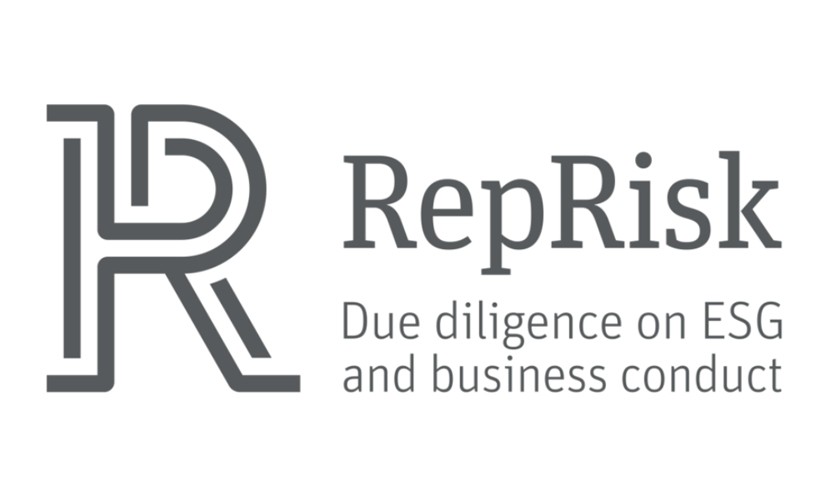New research from RepRisk, the world’s largest ESG data science company, shows an increase of greenwashing risk, with one in four climate-related ESG risk incidents globally linked to greenwashing. Greenwashing and social washing are often linked, RepRisk’s data shows that nearly one in three public companies linked to greenwashing are also associated with social washing.
“The expectation of competitive advantage derived from an image of sustainability has opened the door to green and social washing. A lack of accountability around a rapidly evolving landscape of corporate sustainability has helped keep this door open for a long time. Despite this, in recent years symbolic sustainability has backfired for many as the media, public, and regulators criticize unfounded claims. Banks, asset managers, investors, and other market participants need transparent data on adverse impacts to assess a company’s true business conduct and mitigate green and social washing risk in their portfolios and supply chains,” commented Dr Philipp Aeby, CEO and Co-Founder of RepRisk.
Social washing takes place when companies make misleading claims about their social responsibility, painting themselves in a positive light while obscuring an underlying social issue. While most current research on social washing focuses on themes of diversity, social washing is found across a spectrum of issues (per figure 1). According to RepRisk’s findings, the most common social washing issue in both the UK and US is human rights abuses and corporate complicity, which accounts for 26% and 25% of each nation’s incidents respectively. That said, diversity is still a key issue – in the US 18% of social washing incidents are linked to either social discrimination or discrimination in employment – compared to 11% in the UK. Green and social washing are often linked, with 55% of greenwashing risk incidents globally having a social component. In the US, 44% of companies linked to greenwashing also have a record of social washing, compared to 39% in the UK and 31% globally.
While greenwashing incidents have accelerated globally, the practice has experienced significant growth in Europe and the Americas (per figure 2), particularly in the banking and financial services sectors. In the past year, the banking and financial services sectors saw a 70% increase in the number of climate-related greenwashing incidents. Over 50% of these climate-specific greenwashing risk incidents either mentioned fossil fuels or linked a financial institution to an oil and gas company. These incidents are not happening in isolation and regulators are increasingly aware of the scale of the problem. In May 2023, the European Banking Authority utilized RepRisk data on greenwashing to categorize misleading communication in the banking sector and measure the rise in its prevalence in the European Union over time.
The structure of greenwashing has evolved and become more complex, even since last year’s report. Greenwashing now goes beyond directly misleading consumers – its scope extends to include pledges, certifications, and commitments. The lack of accountability helps to further obscure greenwashing, making it possible for companies to benefit from setting future goals, without addressing issues head on.
